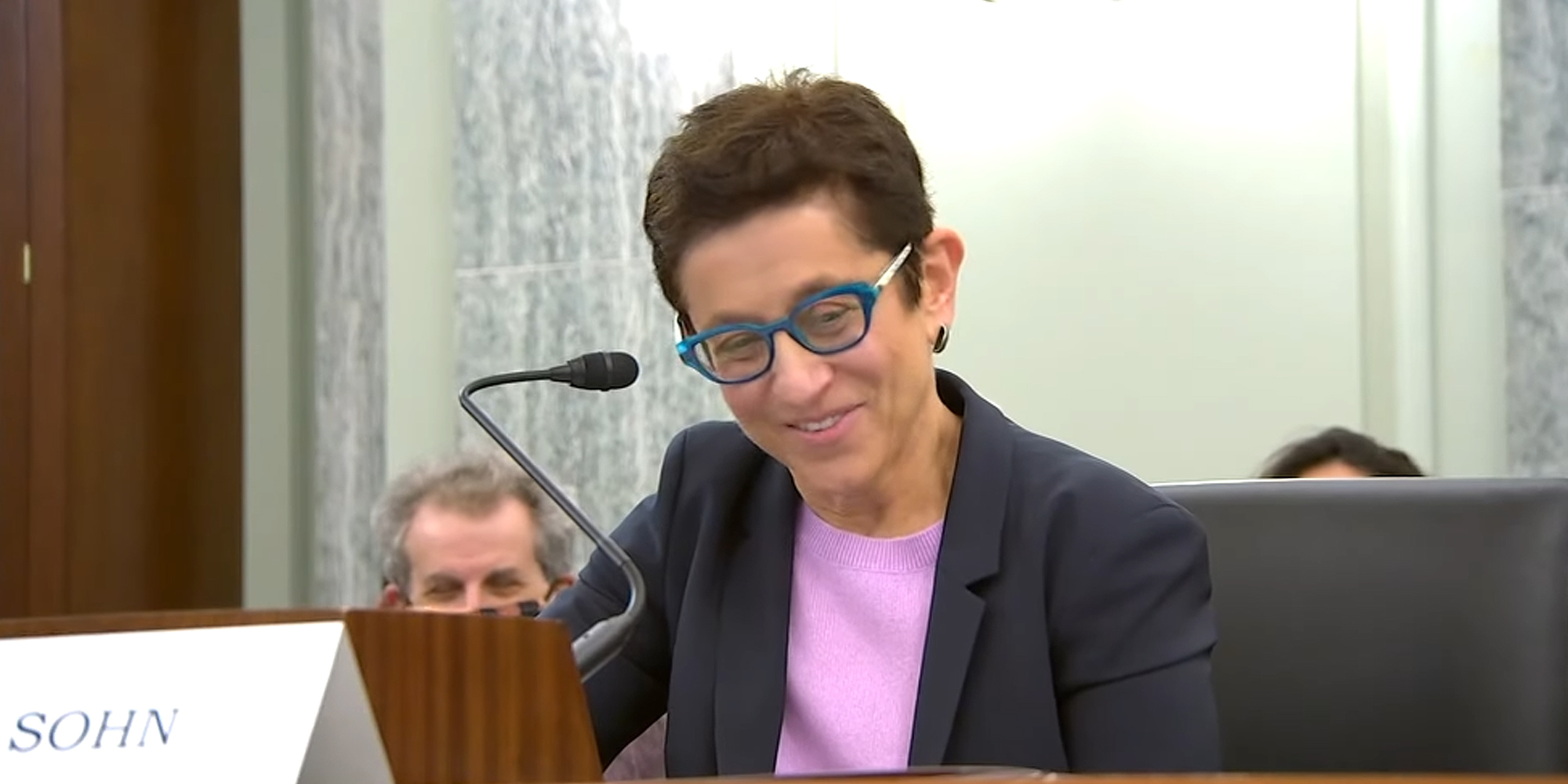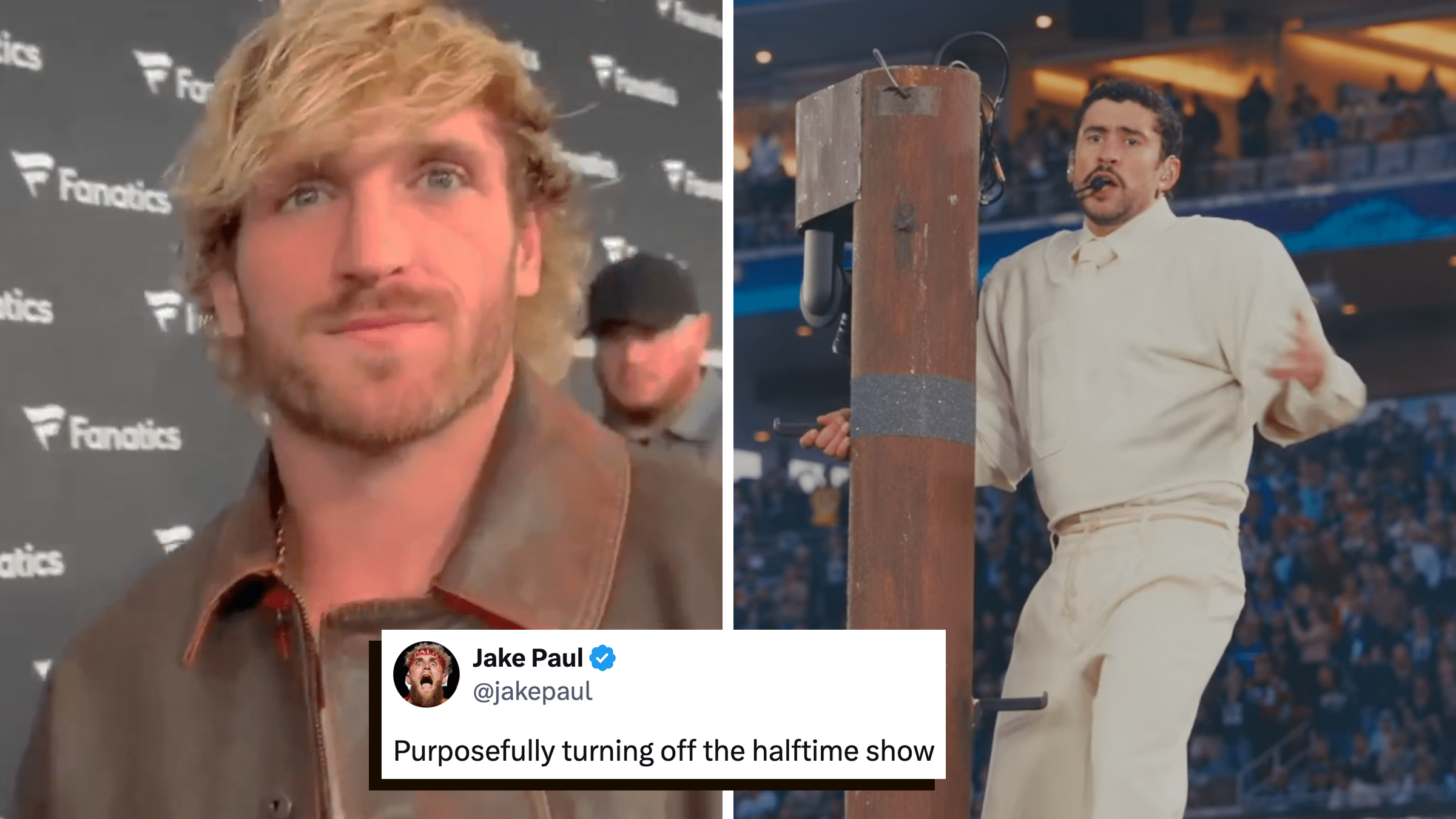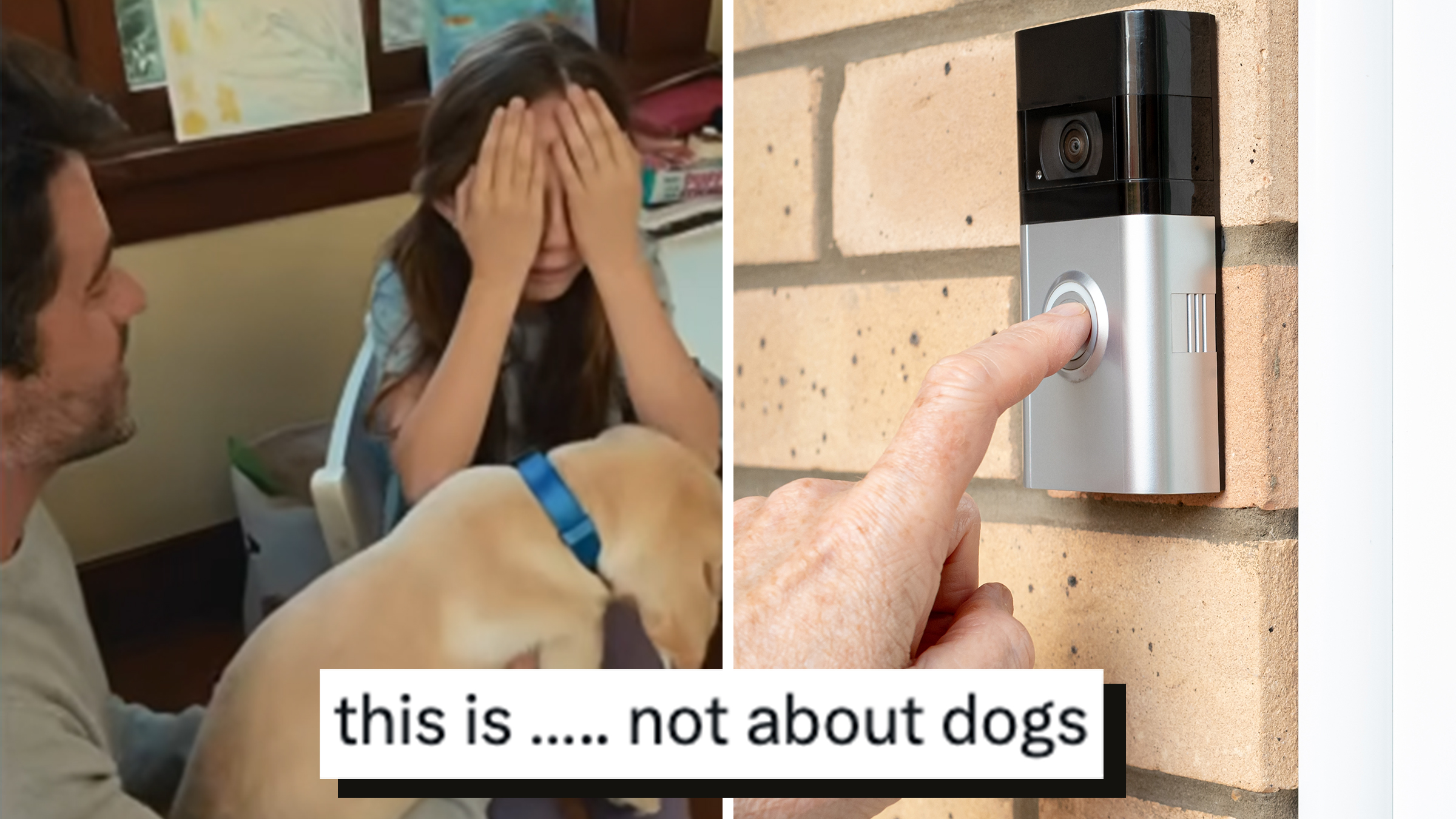Tuesday’s runoff victory by Sen. Raphael Warnock (D-Ga.) not only delivered Democrats a broader 51-seat majority in the Senate, it could finally break the dam on a parade of stalled Biden appointments, including popular telecom and media reformer Gigi Sohn.
Sohn’s FCC nomination has been delayed for more than a year, the longest a candidate for that position has ever gone without a vote.
Sohn, nominated last October by President Joe Biden, has spent fourteen months in limbo thanks to a coordinated smear campaign by the telecom and media industries. That campaign has involved using nonprofits to seed false claims in the press claiming that Sohn is an enemy of Latinos, rural America, conservatives, and the police.
Industry observers say the coordinated attack on a highly qualified reformer is the most pointed example of congressional telecom and media industry corruption in recent memory.
“Currently, a huge array of vitally important issues are languishing at the Federal Communications Commission (FCC),” Penn State University telecommunications expert Sascha Meinrath told the Daily Dot. “This stagnation is very much supporting telco incumbents given that the last administration kowtowed to pretty much every whim of telco lobbyists.”
With the entirety of the GOP lined up in dutiful opposition to Sohn’s nomination, a source familiar with the nomination process indicates that Sohn’s approval still centers around three Democratic senators: Sen. Mark Kelly (D-Ariz.), Sen. Catherine Cortez Mastro (D-Nev.), and Sen. Joe Manchin (D-W.V.).
All three have yet to either publicly support or oppose Sohn, with Manchin viewed as the least persuadable of the three. All three were also the target of a major summer lobbying campaign by AT&T and Comcast intended to undermine their support. Companies tried to gain additional influence through the hiring of numerous former staffers.
With Warnock winning his runoff victory in Georgia, and Kelly and Mastro having survived contentious midterm elections, consumer groups are hopeful Democrats will finally overcome Manchin’s opposition in the new year, provided the Biden administration renominates Sohn at the start of 2023.
“Warnock's win should ratchet up the pressure to call the vote—and I think it is incumbent upon [Sen. Chuck] Schumer (D-N.Y.) to get Gigi confirmed as a Day 1—right out of the gate—priority,” Meinrath said. “It's well past time to get senators on the record as either supporting a completely qualified candidate or buckling to telco lobbyists.”
Some consumer advocates remain hopeful that Sohn can still be confirmed in the remaining lame-duck session. Without Manchin, such a move would require shoring up Mastro and Kelly’s support and finding a cooperative Republican senator like Sen. Lisa Murkowski (R-Alaska).
“The Senate can still get this done in the current lame duck session,” Josh Stager, policy director at consumer group Free Press, told the Daily Dot. “Having 51 Democratic senators next year certainly makes things easier for all Biden nominees, but we cannot wait that long. We simply don’t have time for more delays.”
Sen. Maria Cantwell (D-Wash.), chair of the Senate Commerce Committee, stated last week that other legislative priorities would likely take precedence over Sohn during the lame-duck session. Cantwell and other key Democrats have been widely criticized by fellow party members for “dithering” on the Sohn nomination, failing to defend Sohn from baseless industry attacks, and failing to whip the necessary votes.
By law, the party in control of the White House enjoys a 3-2 FCC Commissioner majority. Yet the Biden FCC has been gridlocked since January 2021, lacking the votes to restore many of the policies dismantled by the Trump administration, whether that’s hugely popular net neutrality protections or decades-old media consolidation limits crafted decades earlier with bipartisan support.
For media and telecom giants, that’s precisely by design.
In late 2020, the industry helped drive the nomination and confirmation of Trump FCC appointee Nathan Simington in less than a month, despite widespread concern that Simington lacked meaningful experience in telecom policy. Simington’s rushed nomination ensured the GOP would enjoy at least a 2-2 tie as Biden entered office.
Sohn’s experience couldn’t have been more different.
A longstanding consumer advocate popular across both sides of the aisle, Sohn has significant FCC experience thanks to her role as an advisor to former FCC boss Tom Wheeler. Yet the protracted smear campaign by telecom and media giants provided flimsy ammunition for industry-friendly lawmakers looking to justify their opposition.
For much of the year, neither Sohn’s would-be FCC colleagues nor the White House provided any meaningful messaging support in the wake of the attacks. Consumer groups involved in discussions say Sohn still has the full support of a Biden administration eager to ensure its broadband policies and programs don’t run aground in the new year.
An unprecedented $50 billion in COVID-19 relief and infrastructure broadband funds are waiting in the wings and a fully staffed FCC with a competent voting majority will be a key player in ensuring that the money goes where it’s needed.
According to Stager, any further delays significantly imperil the FCC’s ability to hold the nation’s telecom monopolies accountable for much of anything, whether that’s ripping off consumers with egregious fees or unearthed revelations that the industry routinely charges marginalized communities more money for the same service.
The recently passed infrastructure bill demanded that the FCC create a new task force dedicated to thwarting this kind of digital discrimination. But without Sohn and a voting majority, this and other Biden broadband reform efforts could be stuck in policy purgatory.
“Sen. Warnock was a chief architect of the digital discrimination proceeding that is currently before the FCC, so his continued presence in the Senate should help keep that issue a priority,” Stager said. “However, the FCC is required by law to pass an order next year that combats digital discrimination in the broadband market, which will be difficult to achieve if the 2-2 deadlock continues. Gigi Sohn’s confirmation would provide a critically needed 5th vote for a strong order—but it needs to happen soon. The FCC has a procedural vote on the matter scheduled for December 21.”
A Biden administration renomination will be needed if Sohn isn’t confirmed during the remaining lame-duck session. If she or a replacement nomination aren’t seated quickly, the FCC has very little runway to accomplish time-consuming policy goals before the 2024 presidential election.
Should Biden lose in 2024, a GOP Congress could then simply dismantle any new reforms using the Congressional Review Act, much as they did when the 2017 GOP-controlled House dismantled popular FCC broadband privacy rules before they could even take effect.
From four years of a Trump FCC widely accused of being a mindless rubber stamp for the industry to two years of a Biden FCC gridlocked by dysfunction and industry design, the telecom and media industries haven’t faced meaningful oversight for going on six years, a massive lobbying victory for some of the most disliked monopolies in America.
“The FCC is entering its third year of deadlock, which is historic and unprecedented for any presidential administration in living memory,” Stager said. “That is unacceptable. [Sen. Chuck] Schumer needs to call a vote this month.”







![Jeffrey Epstein during an interview. Tweet text overlay reads, "In order to thwart the media, [REDACTED], [REDACTED], and [REDACTED] used boxes and sheets to create what appeared to be a human body."](https://lede-admin.dailydot.com/wp-content/uploads/sites/69/2026/02/epstein-death-announcement-.jpg?resize=2880%2C1920)